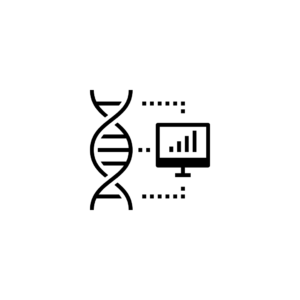Description
A Diploma in Information Technology Engineering is a specialized program that provides students with a comprehensive understanding of various aspects of information technology, including software development, networking, database management, and system administration. This diploma prepares graduates to work in a rapidly evolving technology landscape across a variety of industries.
Curriculum Overview
The curriculum for a Diploma in Information Technology Engineering typically includes both theoretical knowledge and practical skills. Here are some common subjects and areas of study that you might encounter in this program:
Fundamentals of Information Technology:
Introduction to basic IT concepts, computer systems, and information processing.
Programming Languages:
Learning programming languages such as Python, Java, or C++, focusing on logic, syntax, and coding practices.
Web Development:
Basics of web development, including HTML, CSS, and JavaScript for frontend development, along with server-side technologies.
Database Management Systems:
Understanding database concepts, SQL programming, and database design, including normalization and data modeling.
Networking:
Overview of computer networking principles, protocols, and configurations, including LAN/WAN technologies and network security.
Operating Systems:
Study of different operating systems, their architecture, and functionality, including Windows, Linux, and Unix.
Software Engineering:
Principles of software development life cycle (SDLC), including methodologies like Agile and Waterfall.
Cybersecurity:
Fundamental concepts of cybersecurity, including threat analysis, security measures, and risk management.
Information Systems:
Understanding the role of information systems in organizations, including system analysis and design.
Cloud Computing:
Introduction to cloud computing concepts, services, and deployment models, including IaaS, PaaS, and SaaS.
Mobile Application Development:
Basics of developing applications for mobile platforms, focusing on either Android or iOS development.
Project Work:
A practical project that allows students to apply their knowledge and skills to real-world IT challenges, often involving software development or network setup.
Career Opportunities
Graduates of a Diploma in Information Technology Engineering have a wide range of career opportunities in various sectors, including IT services, software development, telecommunications, and more. Some potential job roles include:
Software Developer: Designing, coding, and testing software applications for various platforms.
Web Developer: Creating and maintaining websites and web applications.
Database Administrator: Managing and optimizing database systems and ensuring data integrity and security.
Network Administrator: Setting up and maintaining computer networks to ensure smooth communication and connectivity.
IT Support Technician: Providing technical support and troubleshooting for hardware and software issues.
Systems Analyst: Assessing and designing information systems to meet business needs and improving processes.
Cybersecurity Analyst: Identifying and mitigating security threats to an organization’s information infrastructure.
Cloud Solutions Architect: Designing and managing cloud-based solutions for organizations.
Mobile App Developer: Creating and maintaining applications for mobile devices.
Technical Consultant: Advising businesses on the implementation and optimization of IT solutions.
Further Education
After completing a Diploma in Information Technology Engineering, graduates may choose to pursue a Bachelor’s degree in Information Technology, Computer Science, or related fields. Additionally, obtaining specialized certifications in areas such as cloud computing, cybersecurity, networking, or programming can further enhance career prospects and professional growth.
If you have any questions about the Diploma in Information Technology Engineering program, potential career paths, or any related topics, feel free to ask!









